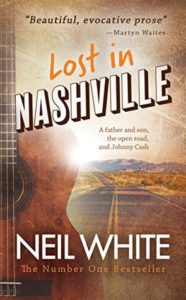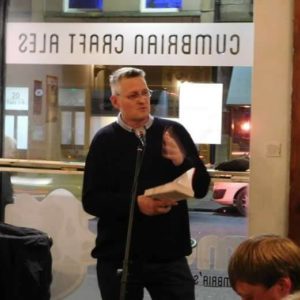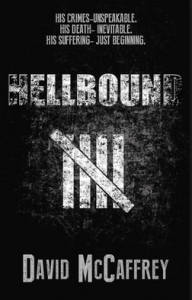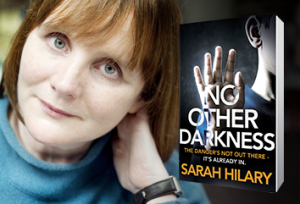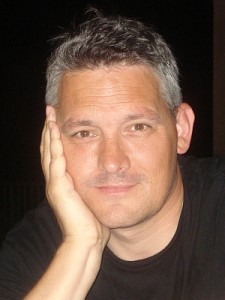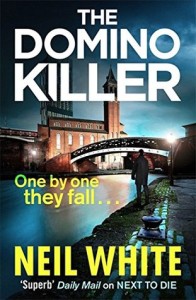The Innocent Ones – Neil White
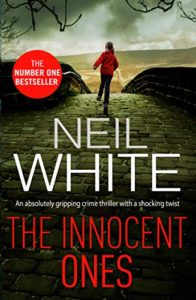 Three lives cut short. Two decades of silence. One evil secret.
Three lives cut short. Two decades of silence. One evil secret.
By day, the park rings with the sound of children’s excited laughter. But in the early hours of the morning, the isolated playground is cloaked in shadows – the perfect hiding place to conceal a brutal murder.
When London journalist, Mark Roberts, is found battered to death, the police quickly arrest petty thief, Nick Connor. Criminal defence lawyer, Dan Grant, along with investigator Jayne Brett, are called to represent him – but with bloody footprints and a stolen wallet linking him to the scene, this is one case they’re unlikely to win.
Until help comes from an unlikely source…when the murder victim’s mother says that Connor is innocent, begging Dan and Jayne to find the real perpetrator.
Unravelling the complex case means finding the connection between Mark’s death and a series of child murders in Yorkshire over twenty years ago. Father of two, Rodney Walker, has spent years in prison after being convicted of killing of 6-year-old William and 7-year-old Ruby back in 1997.
But when Mark Roberts gets on the trail of the story, convinced that Walker is innocent, he exposed secrets that have long been buried. Secrets so dark, someone will kill to keep them hidden.
Dan and Jayne are in a race against time to uncover the truth – before a killer silences them forever.
Started and finished in a single day – The Innocent Ones completely drew me in and kept me reading. Stories like this (the ones you just get absorbed in) are the reason I keep reading and are the books I want to shout loudest about.
Dan is due to go to court to defend a man accused of murder. Before the trial starts the victim’s mother approaches Dan and suggests his client is innocent. For a grieving mother to make such a significant intervention is a real eye opener and Dan starts to do some digging.
He enlists his former colleague, Jayne Brett, to do his investigative work. Dan and Jayne have appeared together in two previous novels and The Innocent Ones is the last part in a trilogy. Confession time – I have not read the first two books so I can honestly say this book stands well on its own. At no time did I feel I was playing catch-up on the backstory.
Back to The Innocent Ones…Dan and Jayne are asking questions and soon draw attention to themselves. However someone doesn’t like their questions and our heroes will find themselves in real danger. The last person who asked the questions they are seeking to answer was the victim at Dan’s court case. If the pair continue to seek the truth there may be a high price to pay.
Events in The Innocent Ones link back to the deaths of two young children in the late 1990’s. A little flashback action and we have some characters who will live to tell the tale and bring the reader a compelling murder tale. Lives were broken and long shadows cast onto current events. Neil White does a brilliant job of showing the effects of horror and how people cope (or not) with unspeakable trauma.
This story flowed so smoothly, I just kept reading and became caught up in events. I had to find out why Dan and Jayne were being targeted. Who was keeping secrets? Who had most to lose? Who needed long forgotten deaths to be left forgotten?
I read a lot of crime fiction and I know what I like. I like The Inncocent Ones. A murder story, a thriller and some courtroom scenes – ideal.
The Innocent Ones is published by Hera Books and you can order a copy here: https://www.amazon.co.uk/Innocent-Ones-absolutely-gripping-thriller-ebook/dp/B07NCBH5HP/ref=sr_1_1?keywords=neil+white&qid=1556483769&s=digital-text&sr=1-1
